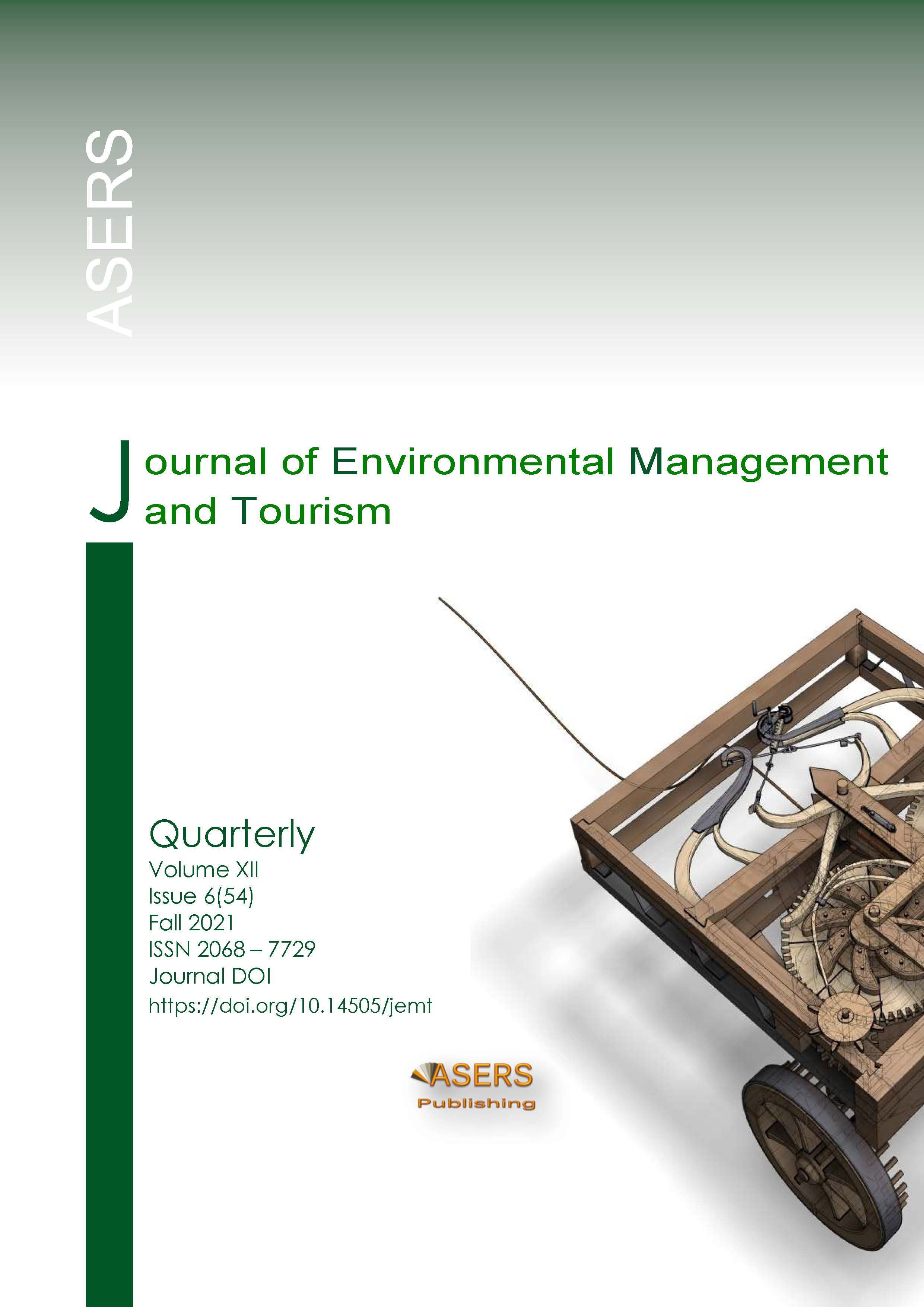Preserving Traditional Village as a Symbol of Devotion to Nature
Preserving Traditional Village as a Symbol of Devotion to Nature
Author(s): Bening Fathima Rabbaniya Amatillah, Yuliani Dwi LestariSubject(s): Economy, Geography, Regional studies, Tourism, Socio-Economic Research
Published by: ASERS Publishing
Keywords: social change; natural tourism; ancestral worship; rural society;
Summary/Abstract: This study traced the socio-ecological role of traditional villages on the outskirts of Bandung, West Java, Indonesia. The locals have revered the site as a site of pilgrimage and spiritual aspirations, so they forbade tree cutting and land encroachment. This study uses a qualitative study method with a rural sociology approach. This study reveals the strength of traditional and religious organizations in protecting the local environment and natural heritage and human aspects interrelated with natural environmental phenomena. Unfortunately, it has made the traditional Village into a tourist village. However, the socio-economic changes that have occurred in the Outer Cikondang community have undergone many changes. First, it can be seen from community members who continue to develop. For example, the construction of houses was made entirely of wood, and now many homes are made of walls. In addition to advanced public education, this can be seen from community members who send their children to higher levels of education. Then socio-economic changes are also marked by community members who already have communication tools. This study reveals that community progress can benefit the community and nature conservation if managed professionally by becoming a heritage and nature tourism steward.
Journal: Journal of Environmental Management and Tourism (JEMT)
- Issue Year: XII/2021
- Issue No: 7(55)
- Page Range: 1966-1979
- Page Count: 14
- Language: English
- Content File-PDF

